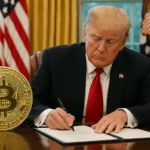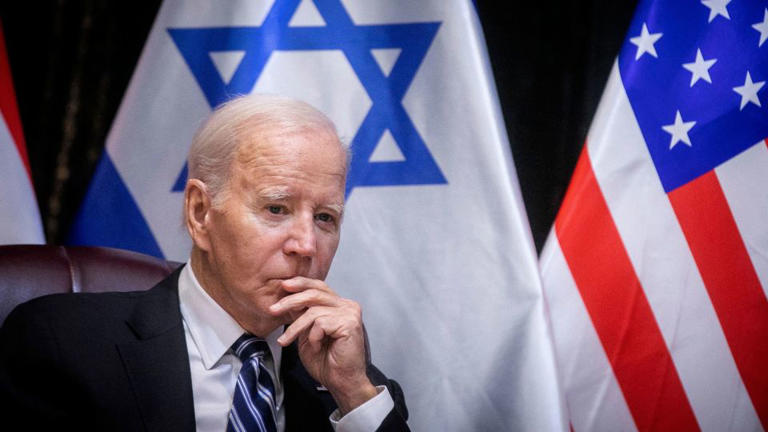Key Points
- The U.S. Supreme Court rejected Missouri’s request to block Trump’s sentencing and related gag order.
- Justices Thomas and Alito supported hearing Missouri’s case but did not prevail.
- The gag order and sentencing will remain in place through the November election.

In a recent decision that has significant implications for the upcoming presidential election, the U.S. Supreme Court declined to intervene in the sentencing of former President Donald Trump. The decision also upheld a gag order that restricts Trump from discussing certain aspects of his case publicly until after the November election.
Missouri Attorney General Andrew Bailey, a Republican, spearheaded the effort to block the sentencing and gag order, arguing that they hinder Trump’s ability to campaign effectively and infringe on voters’ rights to hear from the candidate. Bailey criticized the charges brought by Manhattan District Attorney Alvin Bragg as politically motivated and designed to damage Trump’s campaign.
Bailey’s lawsuit contended that New York’s actions interfere with Missouri’s election process by restricting what Trump can say at campaign events, thereby impacting voters’ ability to make an informed decision. He emphasized the importance of allowing the public to hear from all major candidates without undue legal restrictions.
Despite these arguments, the Supreme Court issued an unsigned order rejecting Missouri’s bid. Justices Clarence Thomas and Samuel Alito expressed that they would have allowed Missouri to file its complaint but did not garner enough support from their colleagues. The court’s decision means that Trump’s sentencing for his New York felony conviction related to hush money payments will proceed as planned, with the gag order remaining in effect.
Trump, who has consistently denied any wrongdoing and vowed to appeal his conviction, faces sentencing in September. The charges stem from payments made to porn star Stormy Daniels to silence her about an alleged affair with Trump before the 2016 election. Trump’s legal team has argued that these charges are a partisan attack aimed at derailing his presidential campaign.
The implications of this ruling are profound, as it sets a precedent for how legal proceedings can impact political campaigns. The continuation of the gag order means that Trump will be restricted in his ability to discuss the case and potentially counteract the charges publicly during a critical period of the election cycle.
Missouri’s Attorney General Bailey vowed to continue fighting, asserting that the public’s right to hear from Trump outweighs the interests of the New York prosecutors. He argued that the case undermines the electoral process by potentially skewing voter perception through legal constraints placed on a major candidate.
As the legal battles continue, the Supreme Court’s decision underscores the complexities and challenges of navigating the intersection of law and politics in the current election season.


